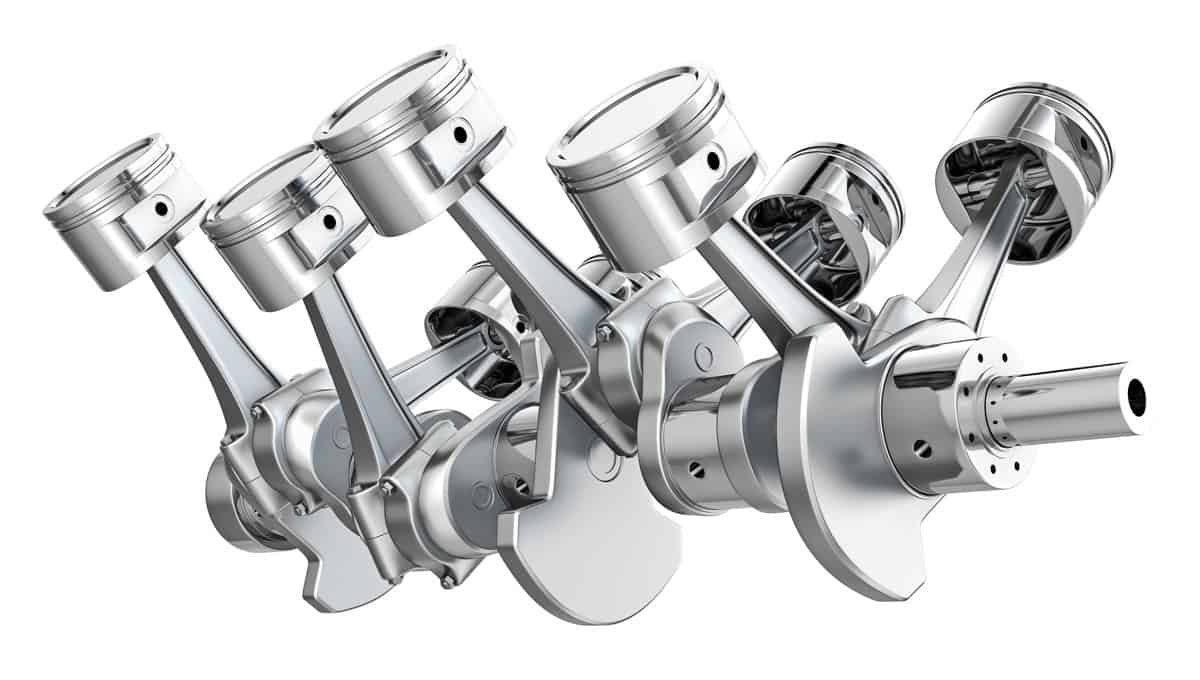

Why V8 Engines Are Fading from the Automotive Landscape
The V8 engine has long been a symbol of automotive muscle and performance. But under the hood of the industry, a quiet revolution is taking place. Many car manufacturers are bidding farewell to the mighty V8, opting for smaller, more fuel-efficient alternatives. Let’s explore why this iconic engine is being phased out and what the future holds for its fans.
What is a V8?
A V8 engine, as the name suggests, has eight cylinders arranged in a V-shape. This configuration allows for a smooth, powerful delivery of torque, making V8s ideal for large cars, trucks, and performance vehicles. This design allows for a compact yet potent powerplant. Each cylinder has a piston, and the V8 engine operates on a four-stroke combustion cycle – intake, compression, power, and exhaust. The synchronized firing of cylinders creates a smooth and powerful driving experience.
Why it was Used
V8 engines epitomize automotive excellence, seamlessly combining robust power delivery and high torque to make them the epitome of performance-oriented vehicles. The V-shaped configuration not only ensures a smooth operation with inherent balance, minimizing vibrations and contributing to an overall refined ride but also produces a distinctive, deep rumble in the exhaust note—a resounding auditory signature synonymous with power and performance. Beyond the thrill, V8 engines boast a legacy of durability, traditionally built to last and renowned for their unwavering reliability and impressive longevity.
Manufacturers take
The waning popularity of V8 engines can be attributed to several factors, with fuel efficiency standing out as a significant concern. Compared to smaller engines and emerging technologies like hybrids and electric vehicles, V8s tend to be less fuel-efficient, resulting in higher emissions and running costs. Stringent global emission regulations further amplify the shift away from V8s, compelling manufacturers to explore cleaner alternatives. As consumer preferences evolve towards fuel-efficient and environmentally friendly vehicles, the automotive industry is witnessing a notable transition. This paradigm shift is underscored by the growing investment in electric and hybrid technologies, as manufacturers strive to align with sustainability goals and meet the changing demands of the market.
This trend is exemplified by key players in the automotive landscape making strategic moves away from V8 engines. Ford, historically associated with V8 power, has announced plans to phase out most V8 options in favor of electric and hybrid models, showcasing a commitment to greener alternatives. Luxury automaker Jaguar Land Rover is gradually transitioning to electric and hybrid technologies, marking the conclusion of some of their iconic V8 models. Additionally, even renowned brands like Audi, celebrated for their powerful V8 engines, are exploring electric alternatives, reaffirming the industry-wide shift towards sustainable mobility. Notably, Toyota, a leading global automaker, has also embraced this trend, focusing on hybrid technology and electric options, further underscoring the broader industry movement away from traditional V8 powerplants.
What are the Replacement Options
As manufacturers bid farewell to V8 engines, they are embracing a diverse array of alternatives to meet the evolving demands of both performance enthusiasts and environmentally conscious consumers.
Turbocharged four-cylinder engines have emerged as a compelling option, delivering power outputs remarkably close to traditional V8s while boasting enhanced fuel efficiency.
The rise of hybrid and electric vehicles signifies a paradigm shift towards eco-friendly mobility, driven by the dual advantages of impressive fuel efficiency and reduced environmental impact.
Amid this transition, some manufacturers are turning to V6 engines, striking a balance between power and efficiency. This shift in engine choices reflects a broader industry commitment to innovation, responding to consumer preferences for both performance and sustainability in the ever-evolving automotive landscape.
The phasing out of V8 engines marks a significant shift in the automotive industry. While V8 enthusiasts may mourn the loss of their beloved engines, the move towards smaller, more efficient options is crucial for addressing environmental concerns and meeting consumer demand. It’s a bittersweet farewell, but one that paves the way for a cleaner and more sustainable future for automobiles.
Legacy
While the V8’s dominance may be waning, its legacy remains an enduring source of inspiration for car enthusiasts. The formidable power and seamless performance of the V8 engine are poised to captivate automotive aficionados for years to come. Much akin to the timeless appeal of classic muscle cars, vehicles equipped with V8 engines could evolve into coveted collector’s items, celebrated for their historical importance and unmatched road presence. Although the distinctive roar of the V8 may gradually fade, the enduring legend it has etched in automotive history is destined to persist.
As for specific consumer cars, a notable array of models have embraced the V8 engine, offering a thrilling blend of power and performance. Examples include the Ford Mustang GT, Chevrolet Camaro SS, Dodge Charger R/T, BMW M5, Mercedes-Benz AMG C63, and the Lexus LC 500. These iconic vehicles underscore the versatility and impact of the V8 engine across different automotive segments, leaving an indelible mark on the hearts of driving enthusiasts.
Add a comment Cancel reply
Categories
- Car Gadgets (17)
- Car News (33)
- Car Reviews (43)
- Car Wars (7)
- Mechanicals (32)
- Uncategorized (2)
Recent Posts
About us

Popular Tags
Related posts


Volkswagen Beetle: The Most Successful Car Ever

How PPF (Paint protection film) Keeps your car paint neat.








